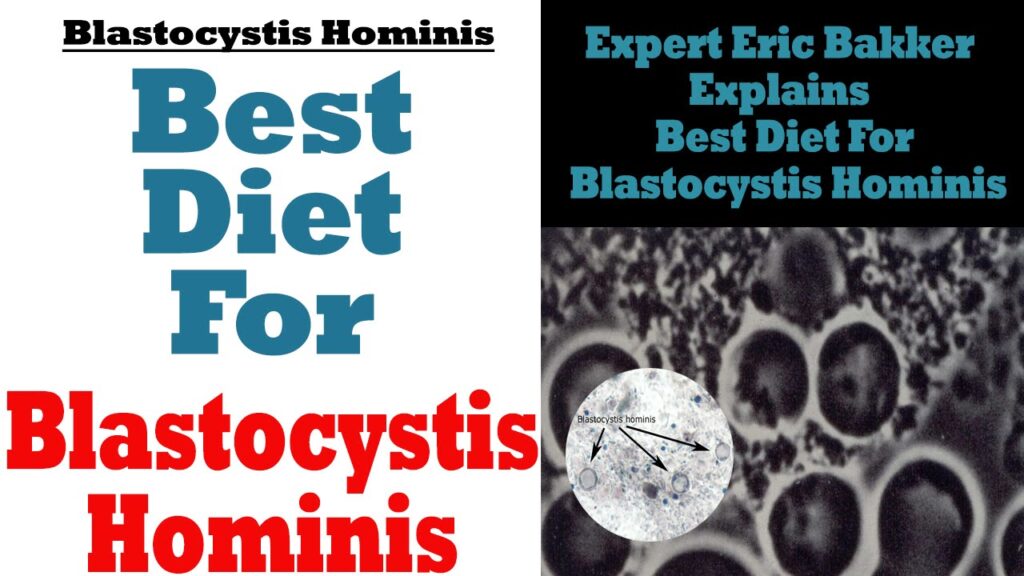Blastocystis Hominis Diet: What You Need to Know
The Blastocystis hominis is a protozoan parasite that can infect the gastrointestinal tract of humans. It is a waterborne organism that is commonly found in contaminated food and water sources. While many infected individuals may have no symptoms, some may experience digestive issues such as diarrhea, abdominal pain, and bloating. While there is no specific treatment for Blastocystis hominis, adopting a healthy diet can help alleviate symptoms and support overall gut health. In this article, we will discuss the essential components of a Blastocystis hominis diet and provide tips on how to manage this condition effectively.
Understanding Blastocystis Hominis
Blastocystis hominis is a single-celled organism that lives in the intestines of humans and animals. It is a common parasite found worldwide and can affect people of all ages. It is believed to be transmitted through the ingestion of contaminated food or water, such as unwashed produce or undercooked meat.
The presence of Blastocystis hominis in the gut can lead to an imbalance of the gut microbiota, which may result in digestive symptoms. While the exact mechanisms of how Blastocystis hominis causes symptoms are still not fully understood, adopting a suitable diet can help manage the condition and provide relief from its associated symptoms.
The Importance of a Balanced Diet
Maintaining a balanced diet is crucial for overall health and wellbeing, especially for individuals dealing with Blastocystis hominis infection. A balanced diet consists of a variety of nutrients that support the immune system, promote gut health, and optimize digestion. Here are the key components of a Blastocystis hominis diet:
1. Fiber-Rich Foods
Fiber is essential for maintaining a healthy gut and promoting regular bowel movements. Including high-fiber foods in your diet can help relieve constipation or diarrhea associated with Blastocystis hominis infection. Opt for whole grains, fruits, vegetables, legumes, and nuts to boost your fiber intake.
2. Probiotic-Rich Foods
Probiotics are beneficial bacteria that can help restore the natural balance of gut flora disrupted by Blastocystis hominis. Consuming foods rich in probiotics, such as yogurt, kefir, sauerkraut, and kimchi, can help replenish the gut with these beneficial bacteria and support healthy digestion.
3. Anti-Inflammatory Foods
Inflammation in the gut can worsen the symptoms of Blastocystis hominis infection. Including anti-inflammatory foods in your diet can help reduce inflammation and promote healing. Foods rich in omega-3 fatty acids, such as fatty fish, flaxseeds, and walnuts, as well as spices like turmeric and ginger, have shown anti-inflammatory properties.
4. Avoidance of Trigger Foods
While there is no specific list of trigger foods for Blastocystis hominis, certain individuals may have personal sensitivities to certain foods that can aggravate their symptoms. It is important to identify and avoid these trigger foods, which may vary from person to person. Common trigger foods include dairy products, gluten-containing grains, processed foods, and high-sugar foods.
5. Hydration
Staying adequately hydrated is crucial for optimal digestive function. Drinking enough water throughout the day can help prevent dehydration and support proper bowel movements. Aim to drink at least 8 cups of water daily, and increase your intake if you experience diarrhea or excessive sweating.
6. Food Safety
To prevent further contamination and reinfection, it is essential to practice proper food safety measures. Wash fruits and vegetables thoroughly before consuming them, cook meat and seafood thoroughly, and avoid consuming raw or undercooked foods. Additionally, ensure that the water you drink is from a safe and reliable source.
Final Thoughts
While there is no specific diet that can cure Blastocystis hominis infection, adopting a healthy and balanced diet can help manage symptoms and support overall gut health. Incorporating fiber-rich foods, probiotics, anti-inflammatory foods, avoiding trigger foods, staying hydrated, and practicing food safety are important components of a Blastocystis hominis diet. It is essential to consult with a healthcare professional or a registered dietitian to tailor a diet plan suitable for your specific needs and preferences. With the right dietary approach, you can minimize symptoms and support your body’s natural healing processes.







